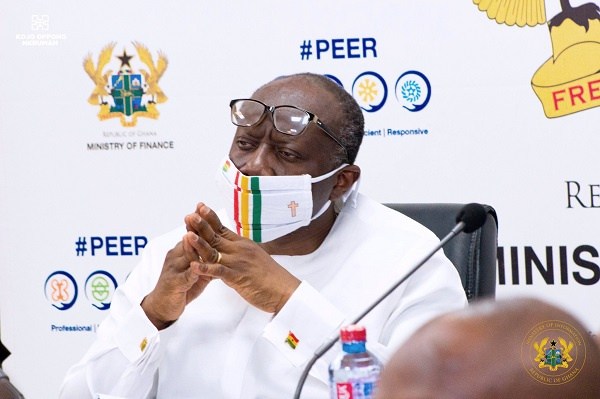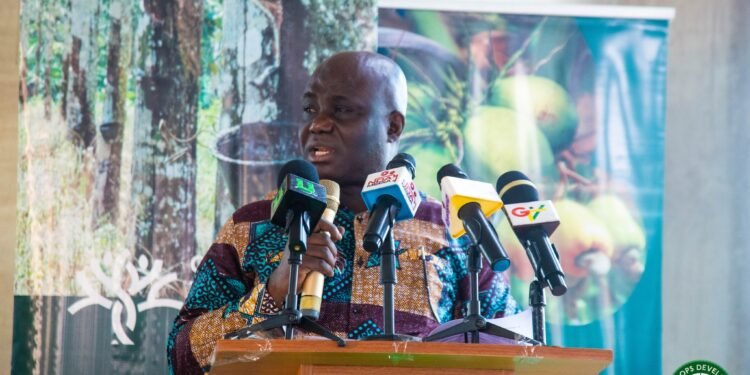The government of Ghana, as part of its medium term fiscal framework introduced new taxes outlined in its 2021 budget, however, these taxes which are highly regressive have worsened the plight of the vulnerable and poor who were hardest-hit during the Covid-19 pandemic.
Some experts and analysts have rightly called for an adjustment to these newly introduced taxes in the mid-year budget review yet to be presented in parliament.
As a potential revenue instrument, the government can introduce a one-off wealth tax on a temporary basis as a means of steering the economy towards a more sustainable recovery without leaving anyone behind. This has been a phenomenon mostly practiced in high-income countries as a means of addressing rising wealth inequality.
Although not common in practice, due to the concerns about the potential for tax avoidance and evasion, but for the sake of the lingering effects of the pandemic on the economy and the need to better protect the poor, this can be introduced.
For instance, some governments in Latin American economies pursued one-off wealth taxes as part of revenue-raising efforts in the immediate context of the COVID-19 pandemic. In December 2020, Argentina introduced a one-off wealth tax or levy of 2%–5.25% on those with assets worth over 200 million pesos (equivalent to US$10 million and above). By May 2021, the levy had raised nearly three quarters of what the government expected, equivalent to 0.5 percent of GDP.
Potential revenue generation from one-off wealth tax
Other countries such as Chile have recently joined the bandwagon and are raising more revenues to help navigate through the pandemic. In Colombia, a recent bill introduced has proposed a net wealth tax of 1%-2% on the richest individuals.
There are countries like Bolivia that have introduced a recurrent wealth tax. However, recurrent wealth taxes are likely to distort incentives to save and invest. This is likely to be the case where there is the perception that such a tax is going to be permanent. Also, tracking assets over time carries recurrent administration and compliance costs which may be significant, especially as evasion responses might also evolve over time.
Preferably, one-off wealth taxes based on the individual’s wealth at a particular point in time would appear to be more desirable on these tangents. If the government credibly follows its decision for a one-off wealth tax, it would not distort saving and investment behaviour, and typically, such tax types have more limited scope for avoidance and evasion.
Furthermore, such taxes could be designed as payable in instalments over time, to allow a larger total amount to be raised while reducing the liquidity issues created for individual’s wealth. Hence, the success of this tax type will depend on the government’s credibility as well as the political commitment to such a measure.
Meanwhile, there are no examples for the use of this tax type in sub-Saharan Africa. Administrative capacity is likely to be a major challenge since there are no comprehensive data on wealth to identify wealthy individuals for smooth enforcement of a comprehensive wealth taxation. Nonetheless, this does not mean that a partial taxation of wealth cannot be explored.
READ ALSO: BoG commences MPC meetings today























